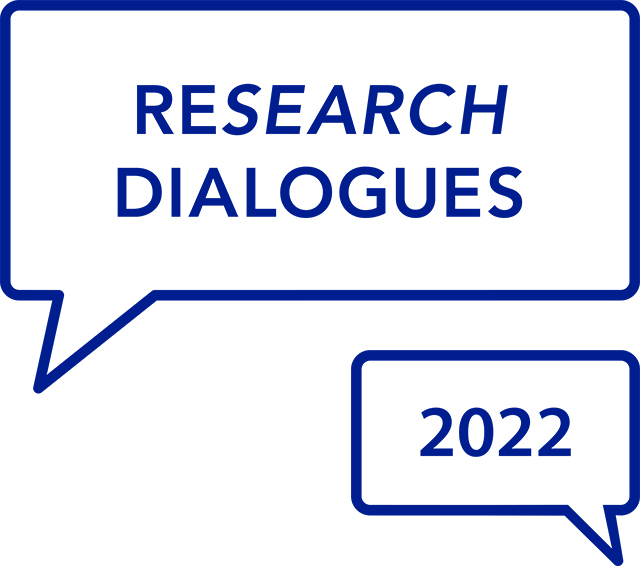Publisher
University of Tennessee at Chattanooga
Place of Publication
Chattanooga (Tenn.)
Abstract
The demands of college have come to be synonymous with stress for many students, with stress generally being related to academic success (Fraizer et al., 2019; Mirsa & Castillo, 2004). The current global pandemic and associated instructional shifts has provided an additional source of stress for students (Elasem et al., 2020; Pan, 2020). This stress can make it more challenging for students to meet academic goals (Carver & Scheier, 1990; Ferrari & Scher, 2000) and can inhibit engagement in self-care behaviors (Ingram et al., 2020). Some evidence suggests that not all students react to stress the same way, (Larson et al., 2016) and individual difference factors like resilience (Frederickson et al., 2003) and need for cognition (Fleishchhaur et al., 2010; Steinhart & Wyer, 2009) may impact this stress reaction as well as academic and self-care behaviors. The ability to successfully execute academic goals is known to lead to positive academic outcomes (Acee et al., 2012; Morisano et al., 2010), while unfulfilled goals may lead to increased stress (Martin & Tesser, 1996). Connections have been drawn in the previous literature between self-care behaviors and academic outcomes, resilience and stress (Huesman et al., 2009; Larson et al., 2016; Wunsch et al., 2017). However, self-care goal completion has to be studied in the same context as academic goal completion. The results of the present research revealed that students were significantly better at completing academic goals as opposed to self-care goals and that self-care goal completion predicted completion of academic goals. Further, I found a connection between self-care goal completion and stress, where greater self-care goal completion was associated with lower perceived stress following the goal completion period. These findings have implications related to student wellbeing, as this knowledge of the benefits of setting and completing self-care goals could provide justification for students to prioritize these type of tasks.
Document Type
presentations
Language
English
Rights
http://rightsstatements.org/vocab/InC/1.0/
License
http://creativecommons.org/licenses/by/4.0/
Recommended Citation
Wells, Stephanie, "When the goal is to be less stressed: A naturalistic investigation of academic and self-care goal completion". ReSEARCH Dialogues Conference proceedings. https://scholar.utc.edu/research-dialogues/2022/proceedings/1.
When the goal is to be less stressed: A naturalistic investigation of academic and self-care goal completion
The demands of college have come to be synonymous with stress for many students, with stress generally being related to academic success (Fraizer et al., 2019; Mirsa & Castillo, 2004). The current global pandemic and associated instructional shifts has provided an additional source of stress for students (Elasem et al., 2020; Pan, 2020). This stress can make it more challenging for students to meet academic goals (Carver & Scheier, 1990; Ferrari & Scher, 2000) and can inhibit engagement in self-care behaviors (Ingram et al., 2020). Some evidence suggests that not all students react to stress the same way, (Larson et al., 2016) and individual difference factors like resilience (Frederickson et al., 2003) and need for cognition (Fleishchhaur et al., 2010; Steinhart & Wyer, 2009) may impact this stress reaction as well as academic and self-care behaviors. The ability to successfully execute academic goals is known to lead to positive academic outcomes (Acee et al., 2012; Morisano et al., 2010), while unfulfilled goals may lead to increased stress (Martin & Tesser, 1996). Connections have been drawn in the previous literature between self-care behaviors and academic outcomes, resilience and stress (Huesman et al., 2009; Larson et al., 2016; Wunsch et al., 2017). However, self-care goal completion has to be studied in the same context as academic goal completion. The results of the present research revealed that students were significantly better at completing academic goals as opposed to self-care goals and that self-care goal completion predicted completion of academic goals. Further, I found a connection between self-care goal completion and stress, where greater self-care goal completion was associated with lower perceived stress following the goal completion period. These findings have implications related to student wellbeing, as this knowledge of the benefits of setting and completing self-care goals could provide justification for students to prioritize these type of tasks.


